9 Tricks to Burn More Calories at Any Age
Here’s how to amp up your metabolism, according to experts.
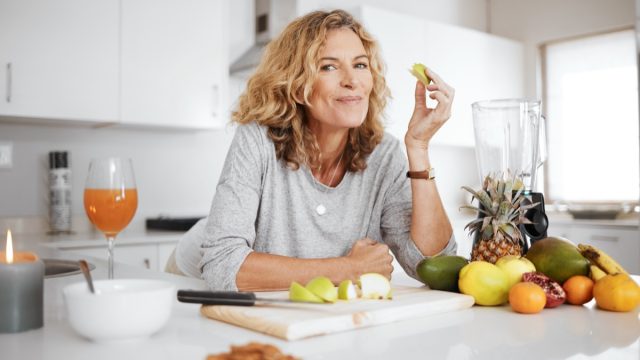
Do you want to burn more calories and up your metabolic weight – especially at the age when your metabolism starts to slow down? To do so, you have to understand the factors that play into metabolism, which include your overall age, diet, and how much you move.

According to experts, you should start incorporating healthy habits into your life in your 20s, 30s, 40s, and 50s so that when you are older, you can burn the maximum amount of calories. Here are 9 tricks to burning more calories at any age, courtesy of Health.

Sleep is an important factor when it comes to burning calories. What are the health benefits of sleep? According to the Sleep Foundation, getting enough z’s is a mood booster, promotes heart health, regulates blood sugar, improves mental function, restores your immune system, helps relieve stress, and aids in weight loss.
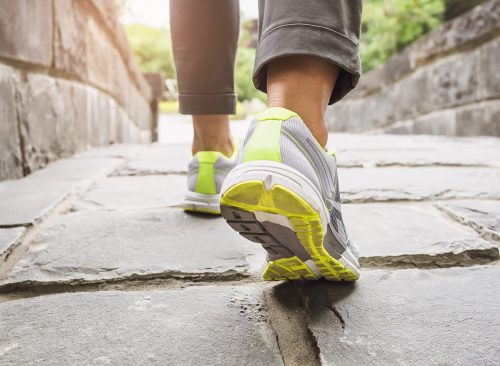
Getting exercise helps preserve your metabolic rate, says Susan Roberts, PhD, senior scientist at Tufts University Jean Mayer USDA Human Nutrition Research Center on Aging in Boston: “You’re building up muscle, which is more metabolically active than fat, and the exercise itself burns calories,” she says.
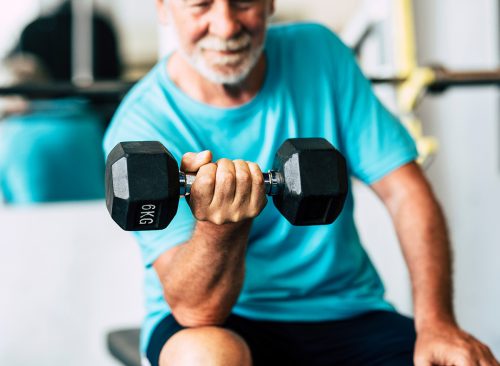
Strength training at least twice per week is essential for building muscle mass and is recommended by the Physical Activity Guidelines for Americans and the Centers for Disease Control and Prevention. One review of 49 studies involving people older than 50 found that those who strength-trained regularly gained, on average, 2.4 pounds of lean body mass (a.k.a. muscle) after about five months.
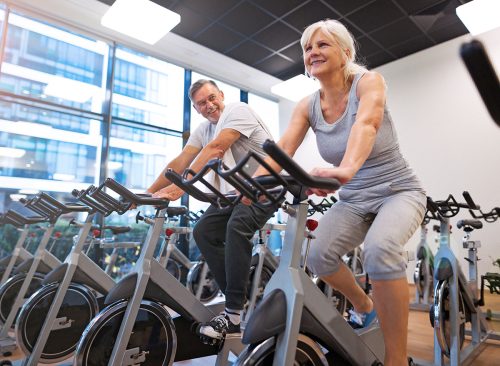
150 minutes of moderately intense cardio per week is also recommended. This includes walking, running, or cycling.
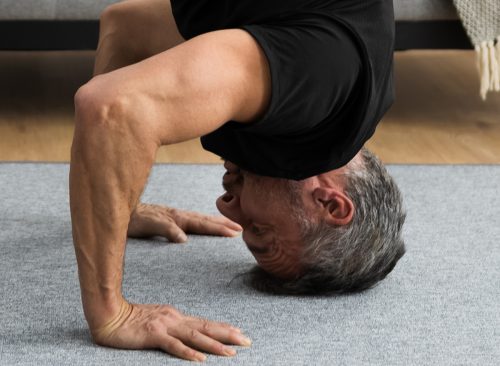
Balance-building exercises are also encouraged, especially for those 65 and older. Stability-building exercises help reduce your injury risk so you can keep active.
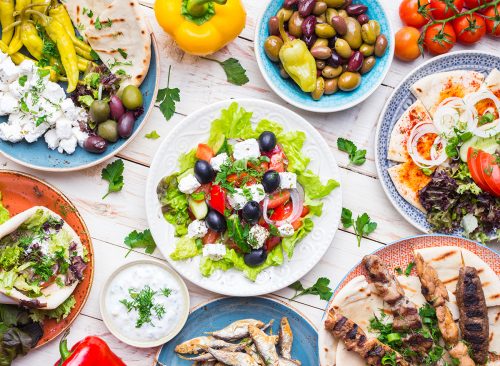
It’s also important to eat the right amount for your body. The older you get, the less calories you need. Using an online calorie calculator that factors in your age, height, and weight will let you know how much you should be eating.
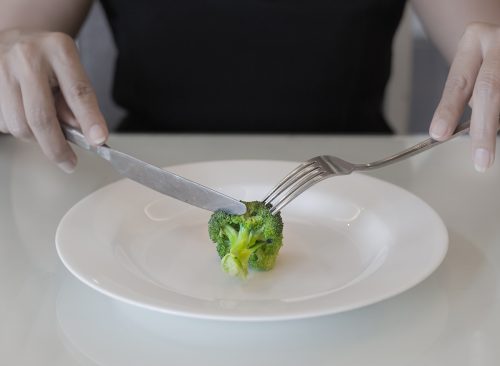
Multiple experts maintain that crash diets are not good for your health. Instead, aim to lose no more than one to two pounds a week. If you lose any more, you will likely gain it back. “From an evolutionary point of view, it makes sense,” Herman Pontzer, PhD, associate professor of evolutionary anthropology and global health at Duke University, tells Health. “Typically, for most species, losing weight is a really bad signal—that they’re on their way to somewhere dangerous or that they’re starving.”
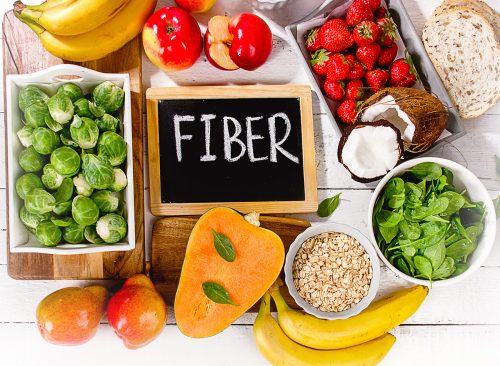
It’s also not how much you eat but what you eat. Fiber is extremely important, as it can also boost your metabolism by giving those so-called “good bacteria” in your gastrointestinal tract plenty of work to do, explains Susan Roberts, Ph.D., senior scientist at Tufts University Jean Mayer USDA Human Nutrition Research Center on Aging in Boston. “Fiber feeds your gut microbiota, and they have their own metabolic rate,” she adds.
RELATED: Woman Lost 127 Pounds After Changing These Breakfast Habits

Protein is also important for building and repairing metabolism-boosting muscle tissue. Experts maintain that older people should amp up their protein intake to prevent muscle loss.














